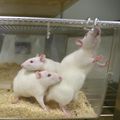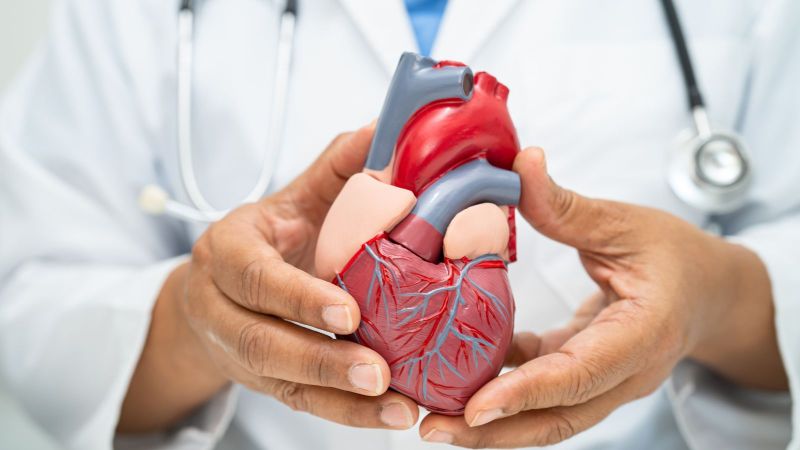Text to go here...
 Stroke victims could regain near complete restoration of movement thanks to a new drug, research on rats has shown.
Stroke victims could regain near complete restoration of movement thanks to a new drug, research on rats has shown.
Stroke is the third most common cause of death in the UK. There are two types of stroke (ischaemic and haemorrhagic) and both cause damage to the brain, often resulting in paralysis.
It is thought that smoking, lack of exercise and a diet rich in fat which ‘furs’ up blood vessels can increase the risk. However stroke can affect anyone of any age, background or lifestyle. People who survive strokes have varying debilitating effects including loss of speech and physical paralysis.
Recently researchers have developed a special drug which reverses 99% of these effects. The drug named TGF alpha, is a protein naturally occurring in humans. When injected into the brains of rats, TGF stimulated stem cells to divide, creating new ones which turned into functioning cells, replacing those that were damaged. Rats given the injection were able to complete tasks involving motor function, regaining nearly all movement within a month. In comparison, rats which did not receive the treatment reversed only 30% of the damaging effects. The drug can also be administered through the nasal passages and rats treated this way had a 70% restoration.
Scientists believe this breakthrough to be important as it shows the brain is like any other organ and can regenerate. Further research is needed to see if the drug will be as effective in humans.
Last edited: 11 January 2022 09:21




